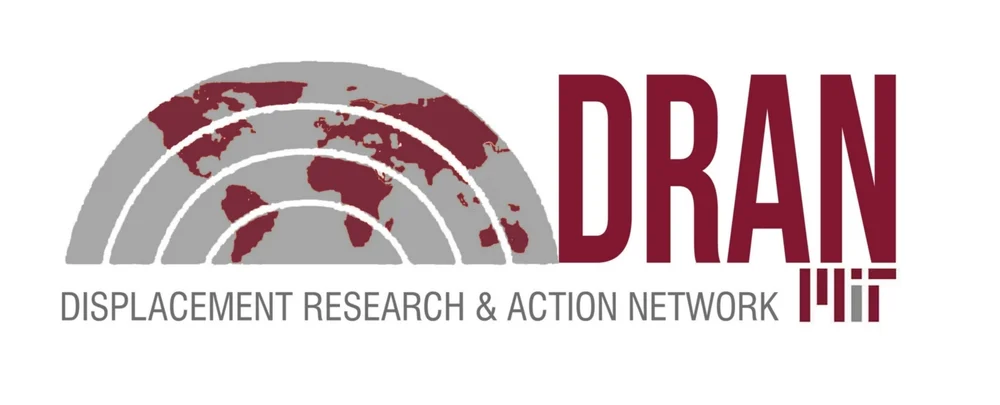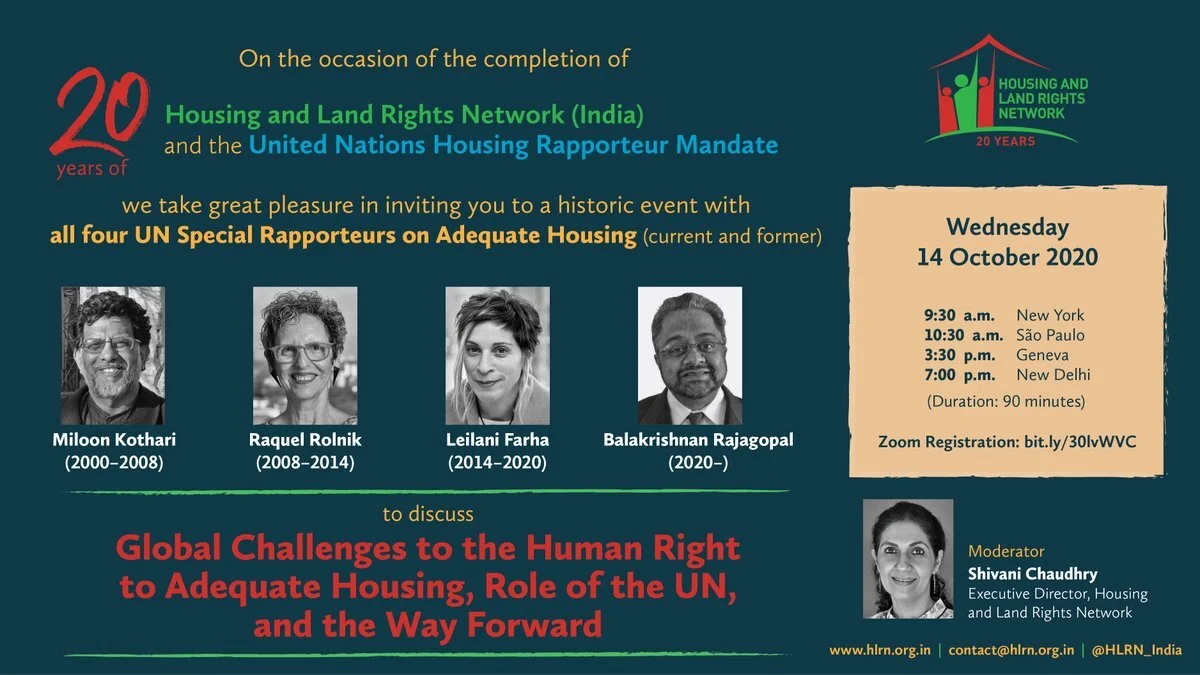
Virtual Info Session: DRAN-MISTI Global Displacement Fellowship Program
WHEN: Monday, November 8 at 5pm ET
WHERE: Virtual (register here)
DESCRIPTION: How can we better understand and work to prevent displacement? The DRAN-MISTI Global Displacement Fellowship Program is an opportunity for research, engagement, advocacy and skill-building for MIT students interested in critically examining displacement and land rights on a global scale. In partnership with international organizations, civil society groups, and grassroots movements, students will contribute to strengthening our global network on displacement and land rights, advancing the frontiers of knowledge on displacement and its consequences, and influencing law and policy. As a pilot initiative, the 2022 cohort will be hosted at partner organizations based in Brazil, India, and South Africa. MIT undergraduate and graduate students from all disciplines interested in displacement research who aspire to build careers around the advancement of global housing and land justice through advocacy, research, policy, law, engineering in the public interest, public service in government, city planning, or other avenues are encouraged to apply.















